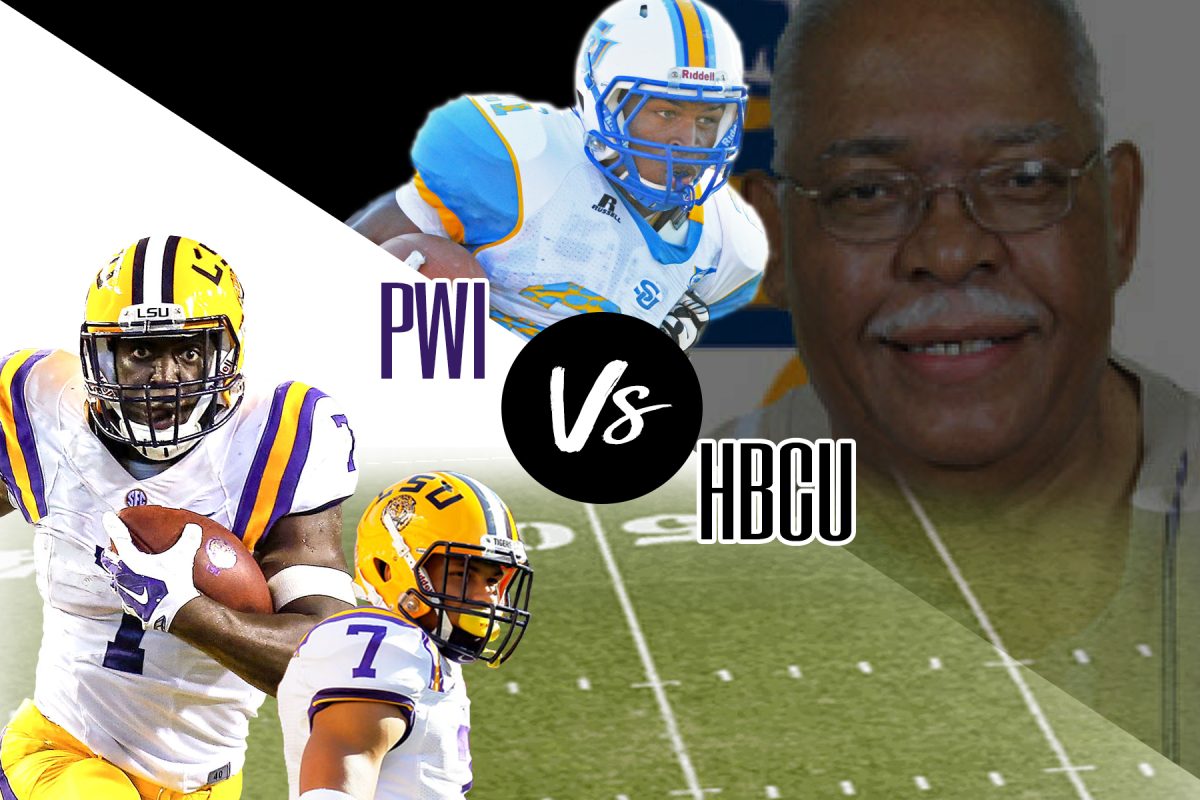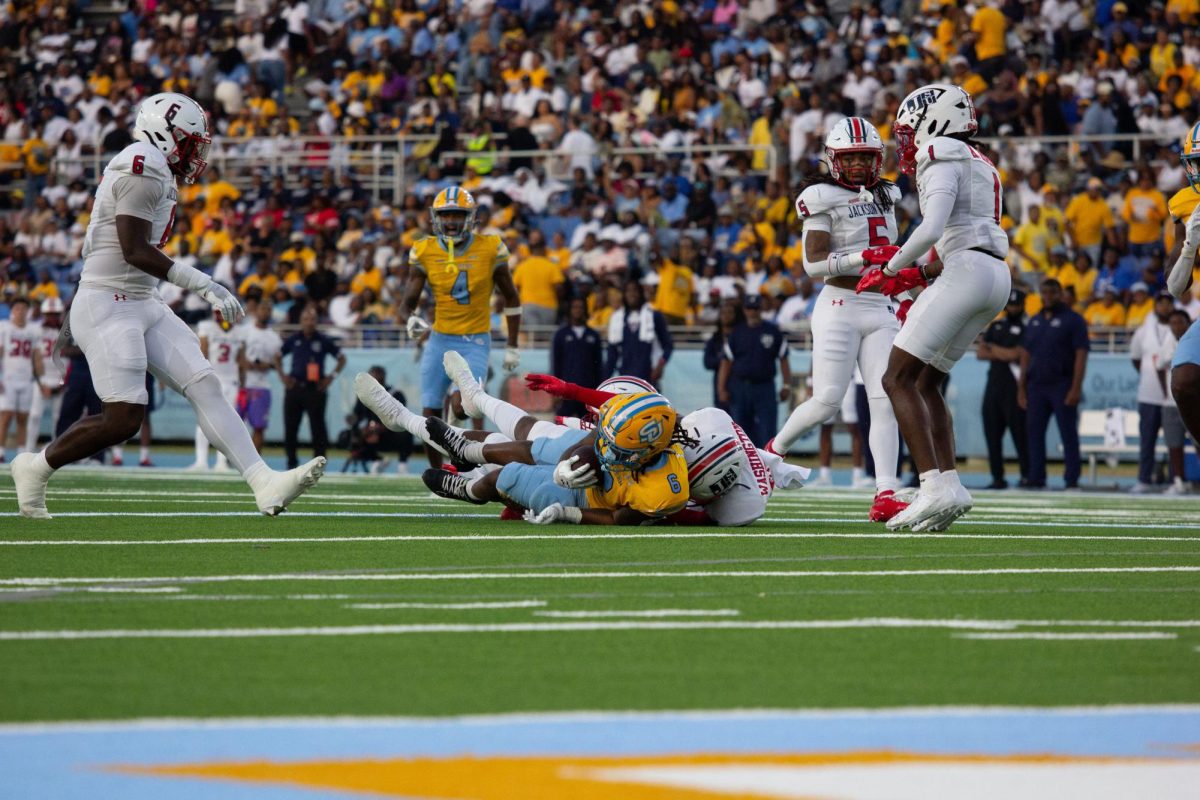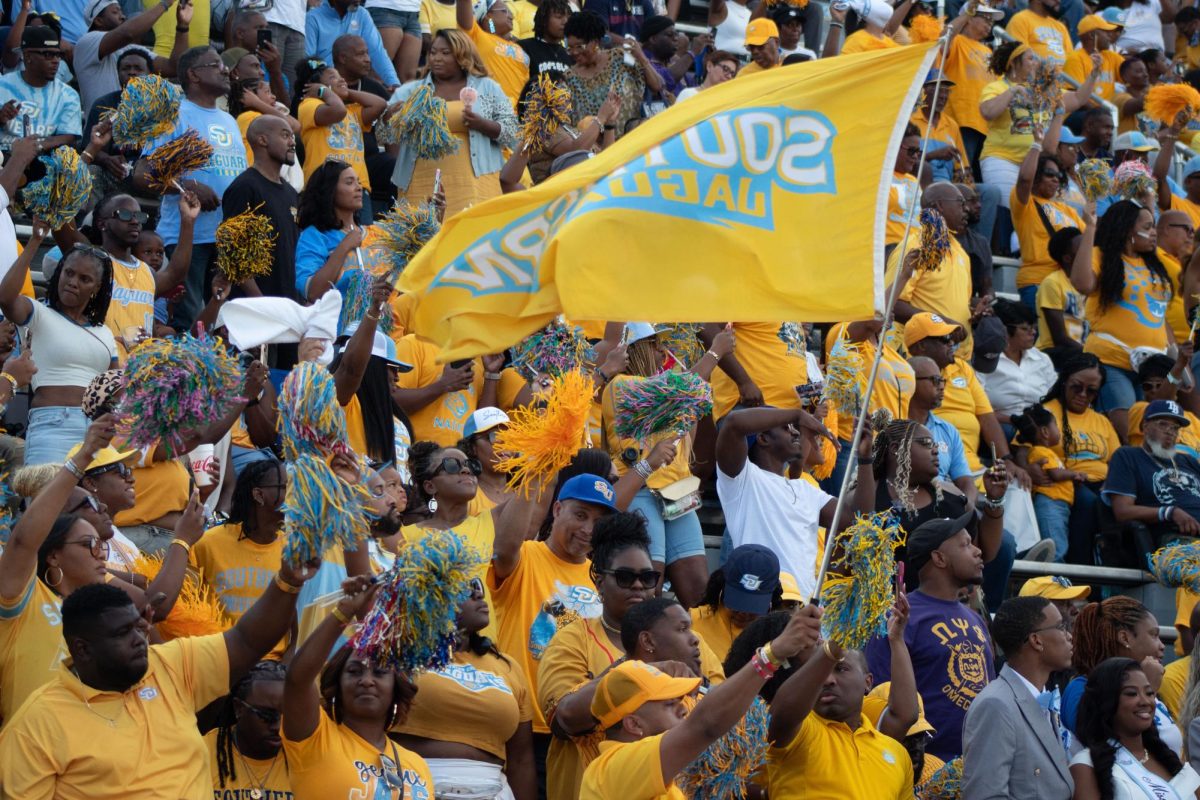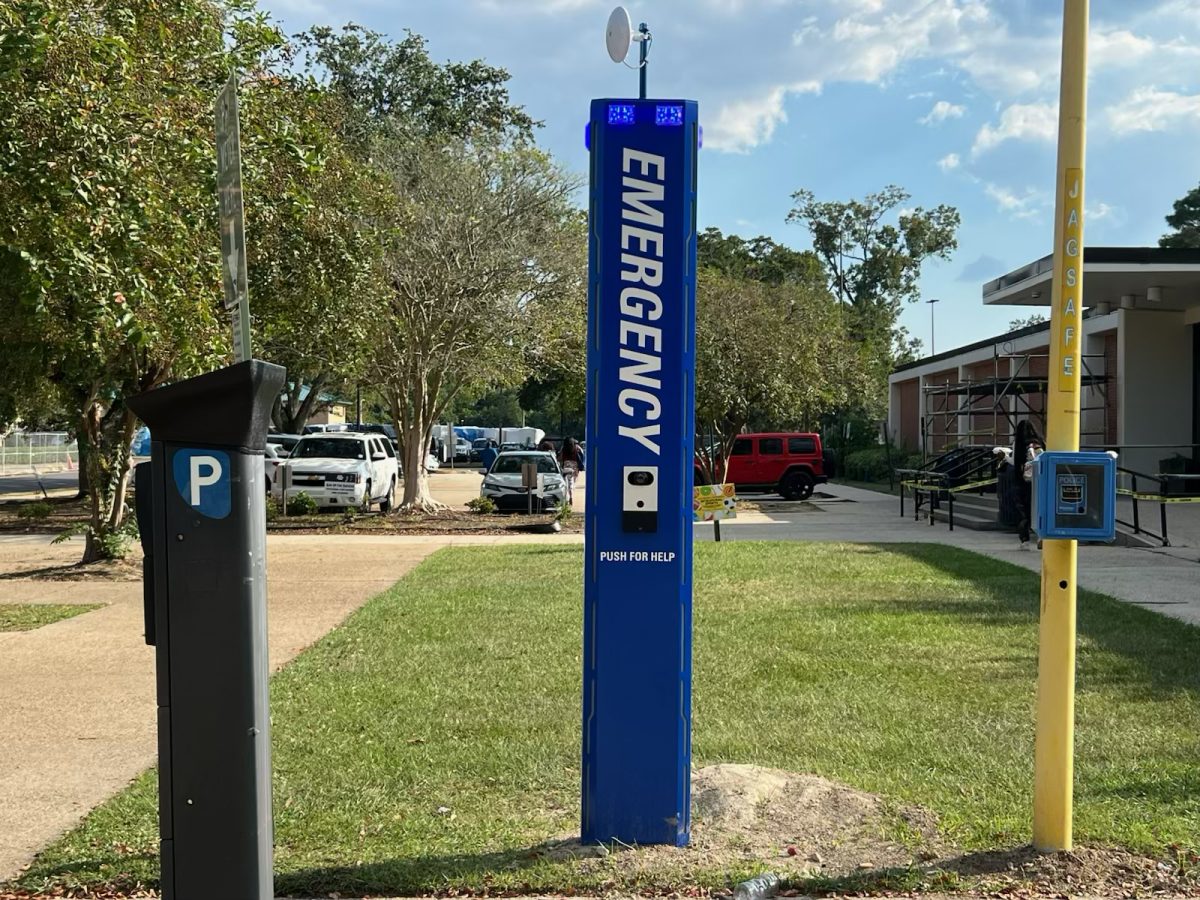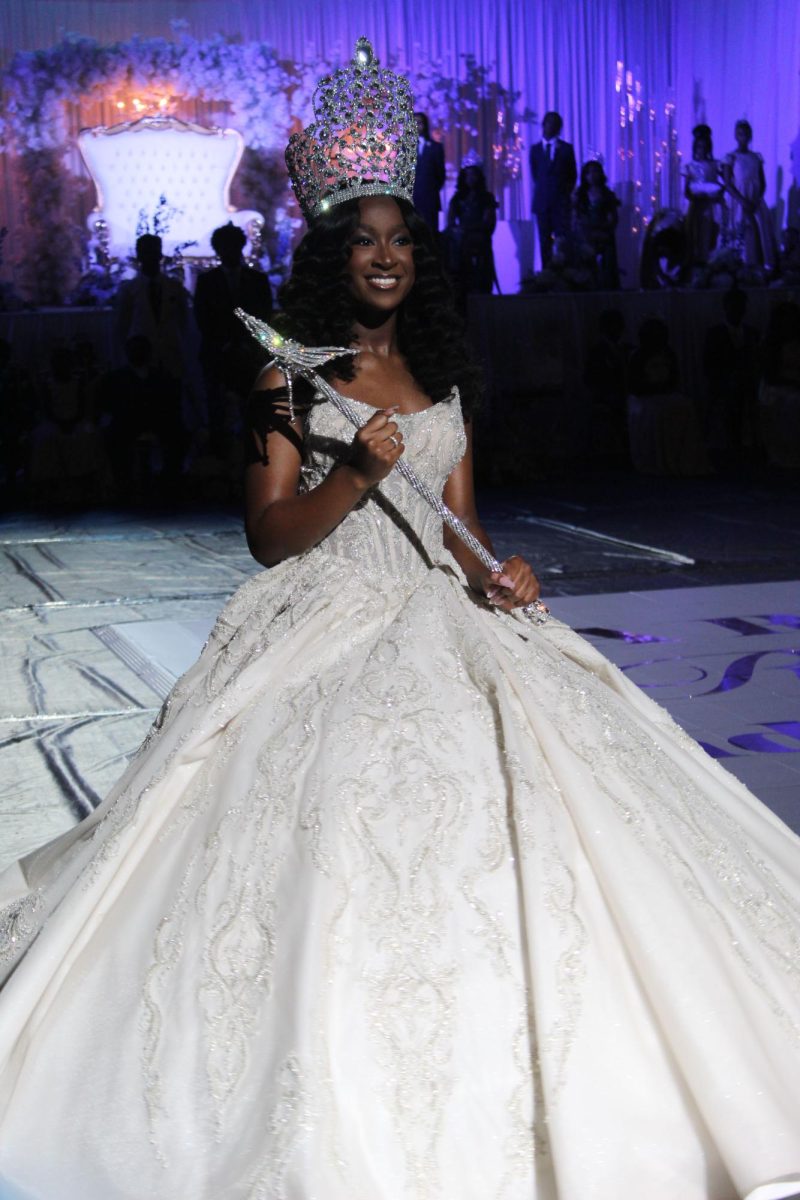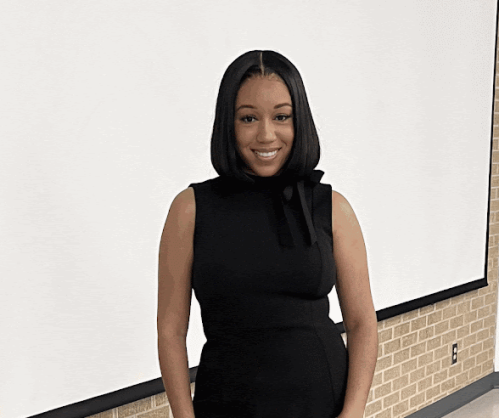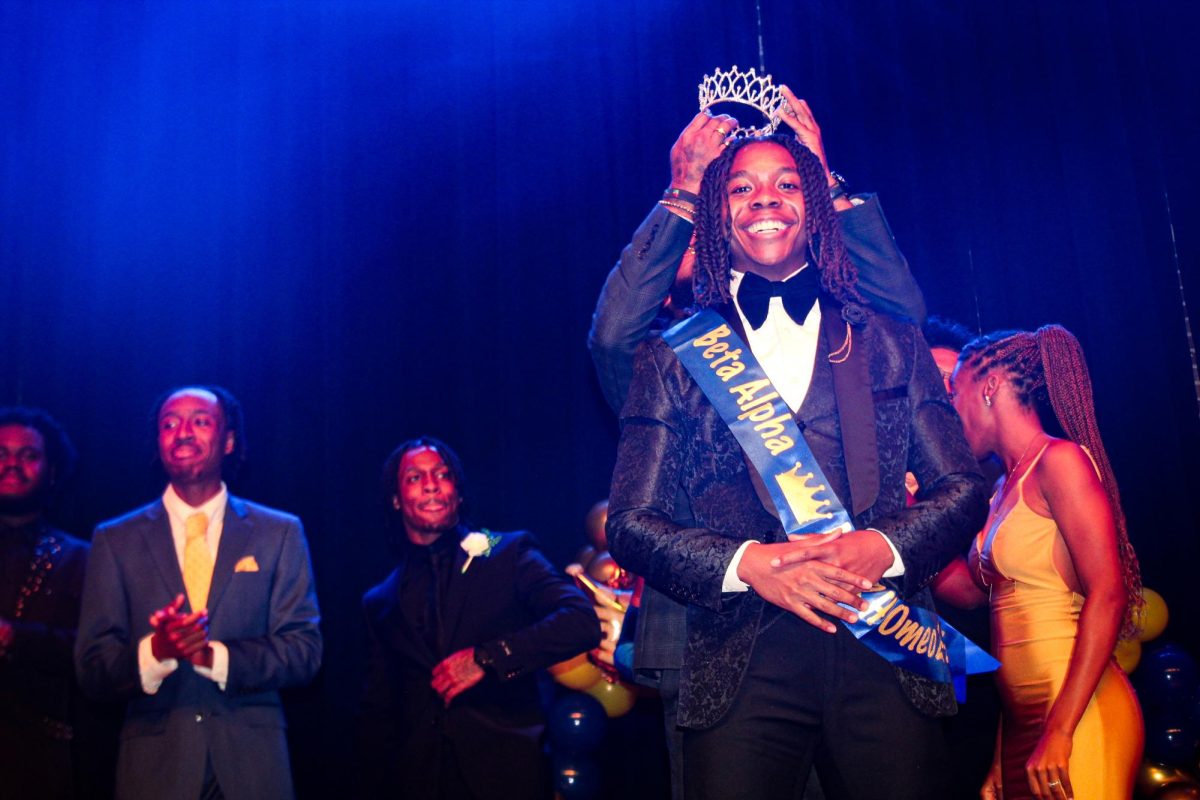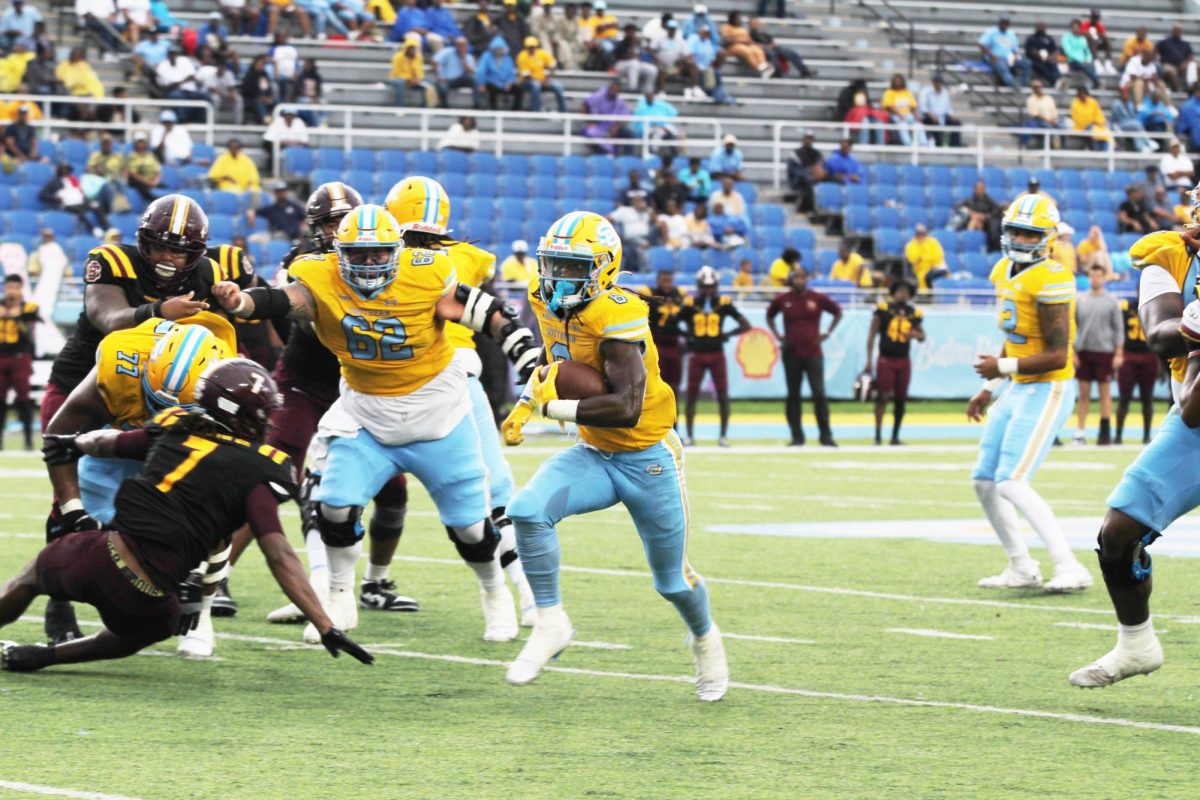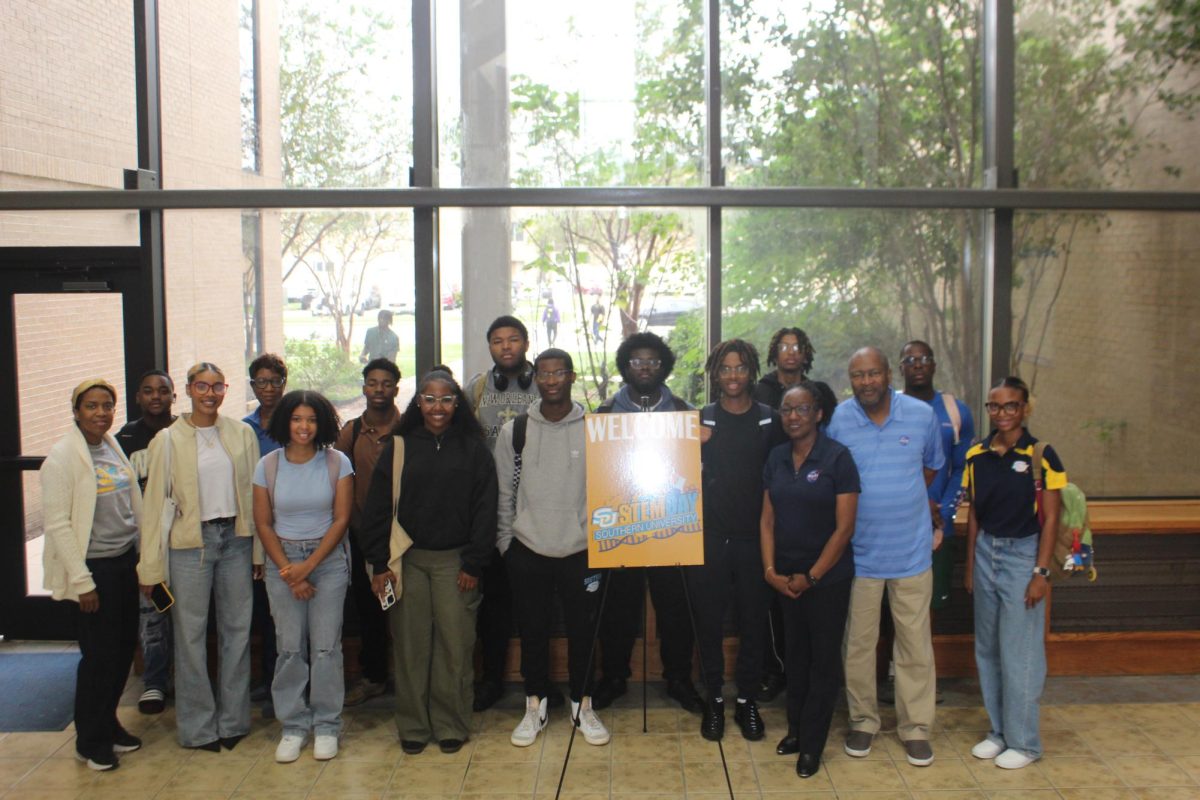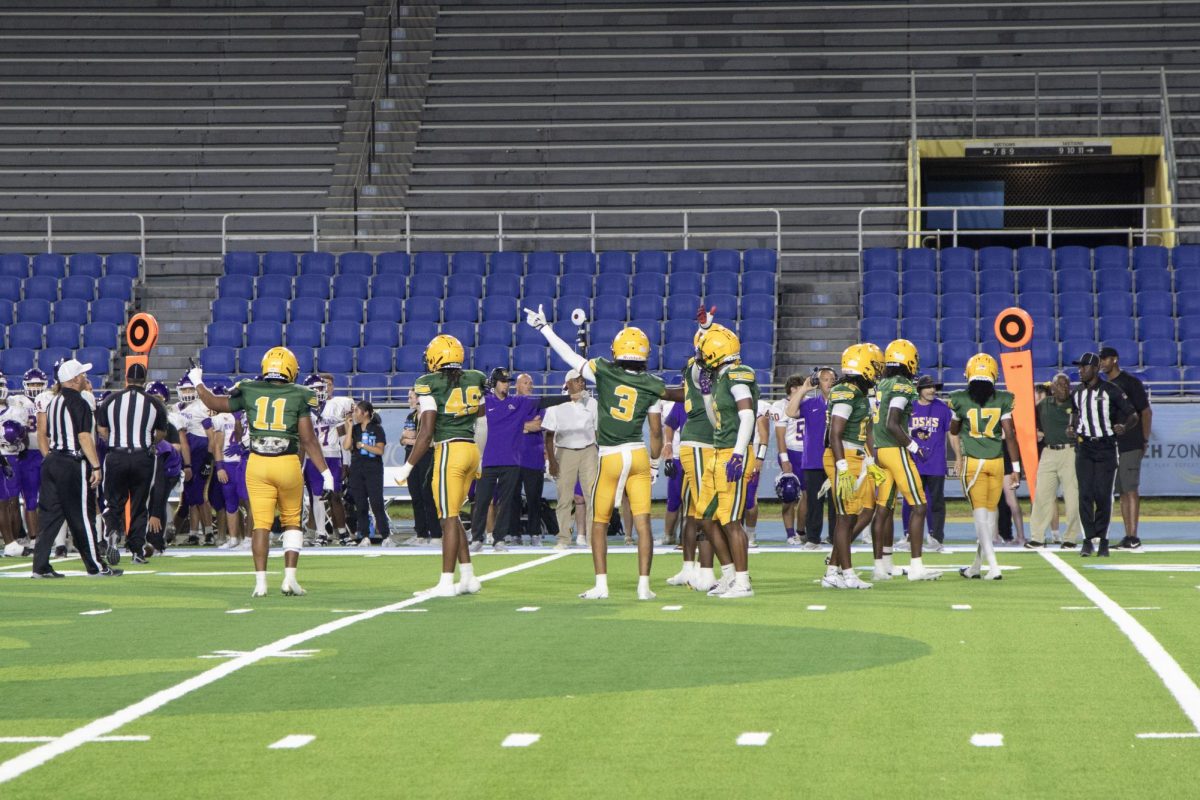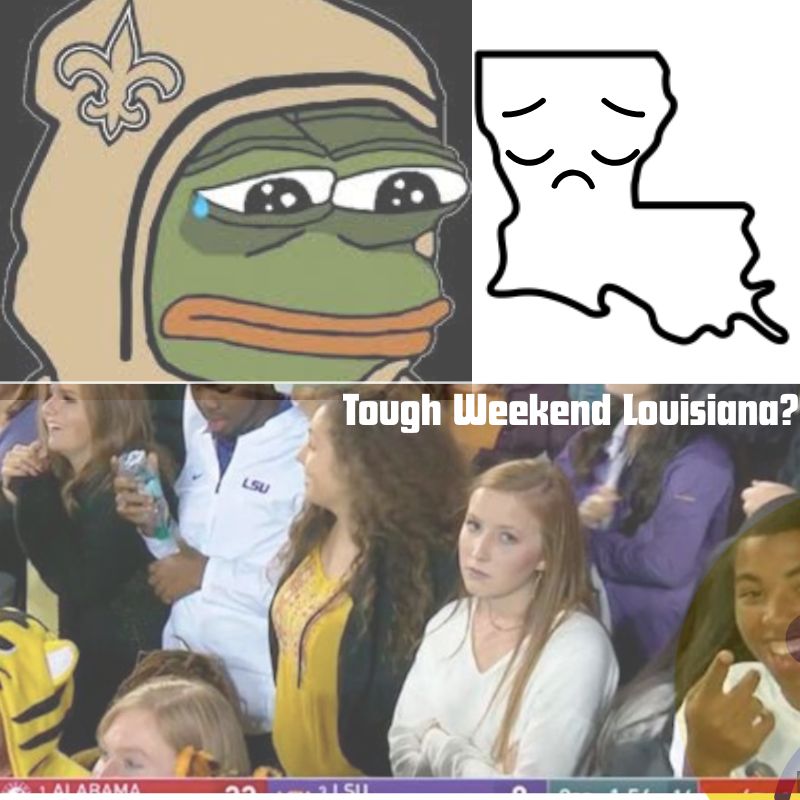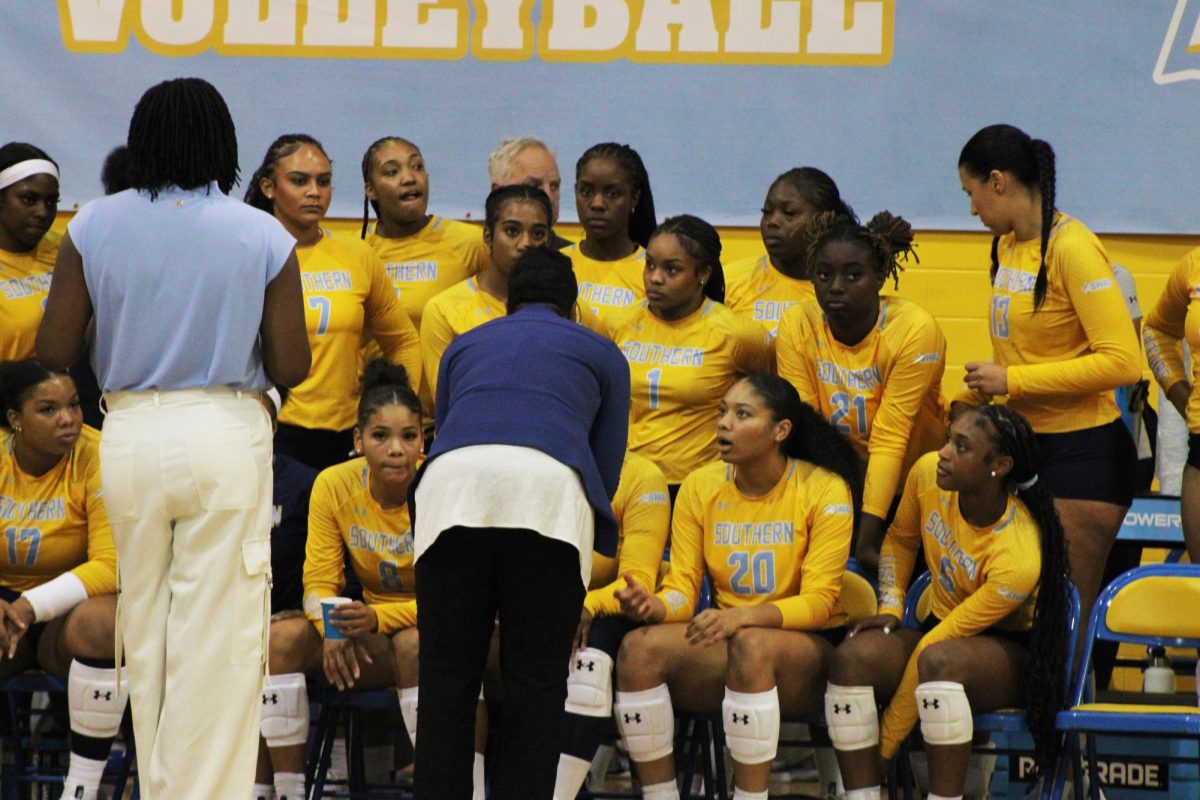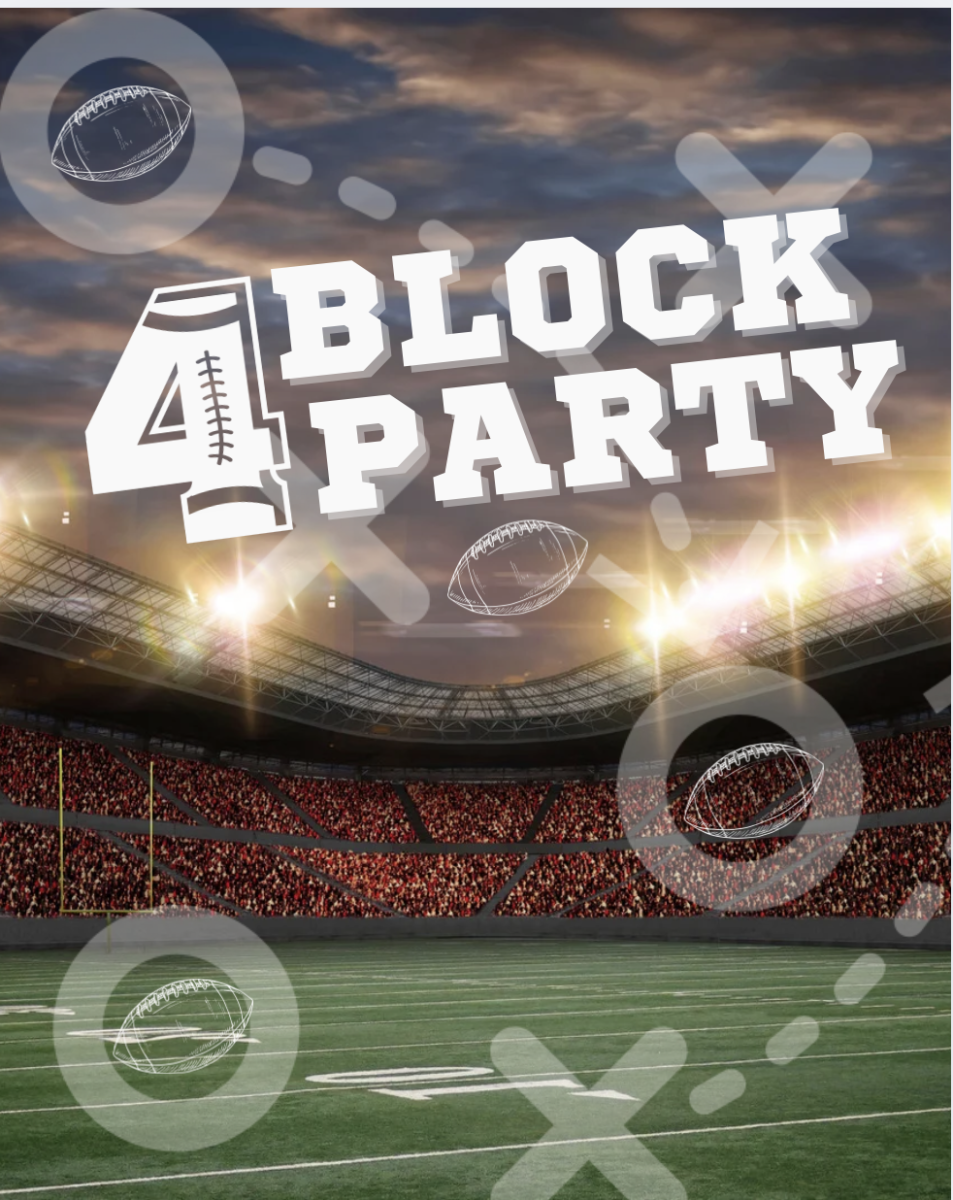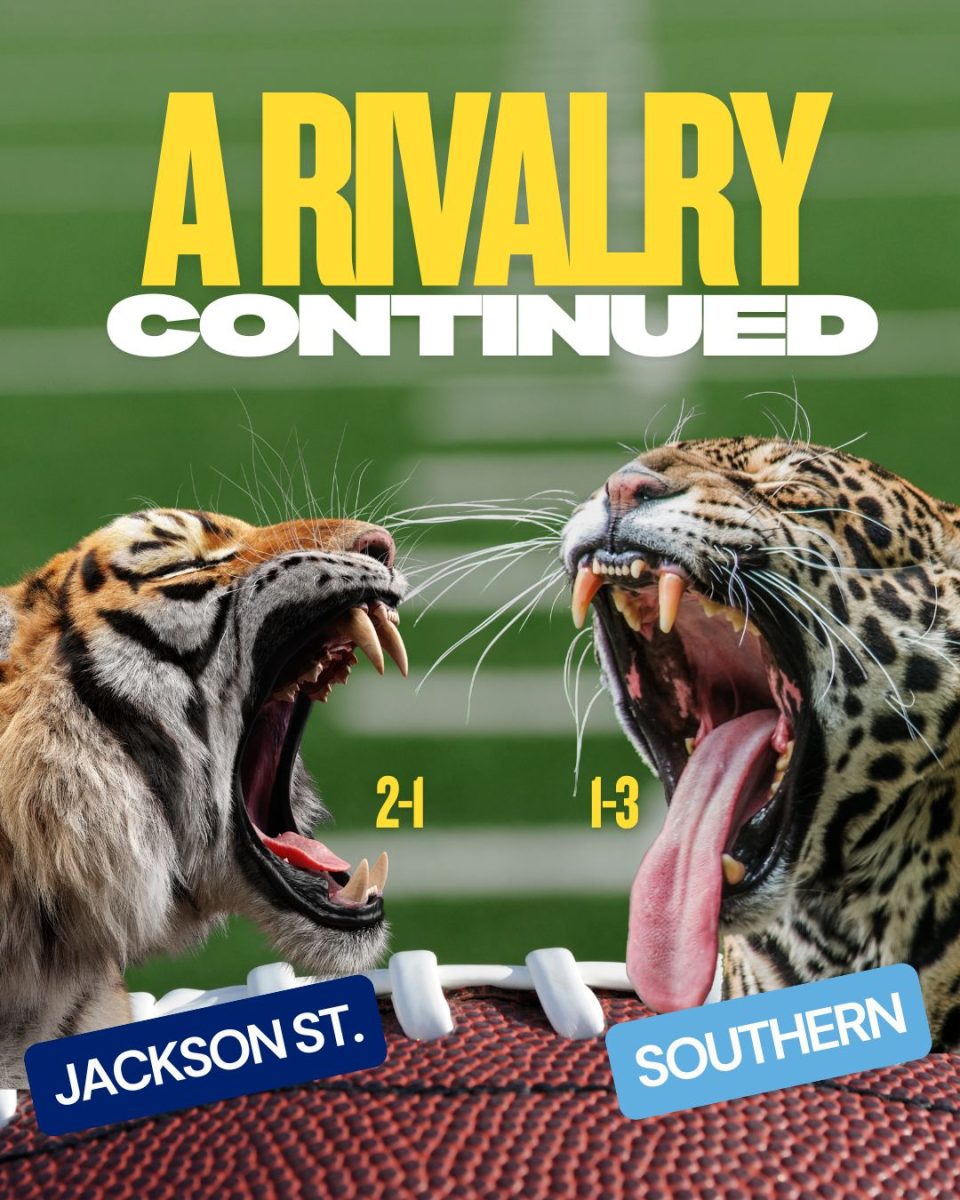There has been talk from many sports analysts, commentators, and even ex-players about talent coming from certain schools.
When it comes to Historically Black Colleges and Universities and Predominantly White Institutions , however, there are just some things that do not match up.
Whether it be faulty information or broad generalizations run amuck, the general consensus is that African Americans are more athletically gifted than their caucasian counterparts. If this is the case then the question must be posed: Where are all of the HBCU alumni in the NFL?
With Louisiana as the focus, the idea of HBCUs and PWIs can be best related by comparing Southern University and LSU.
For decades, LSU has been successful in collegiate play by being great recruiters for homegrown talent.
Examples of this can be seen by the likes of Leonard Fournette, Tyrann Mathieu, and most recently, Kelvin Joseph. These players are only a few of many who have selected LSU in large part because of the idea that they would be given the best opportunity to showcase their talents at a nationally recognized powerhouse like LSU rather than their less-recognized neighbor in Southern University.
In reality, Southern University has bred numerous NFL players, including Al Beauchamp, Charlie Granger, and most recently, Lenard Tillery of the Los Angeles Rams.
These players are not only proof that students who have attended HBCUs can make it to the NFL, but that if HBCU athletes have the talent, then their greatness will shine through to pro scouts, regardless of where they chose to pursue their education.
Even with this proof, however, the fact still remains that the best talent that states have are understandably attracted to the big lights of the SEC and PAC-12 over the prominent HBCUs in their own right, such as Howard and Xavier.
Speaking with freshmen social work major, Joshua Williams, he shared some advantages PWIs have over HBCUs.
“They have opportunities that we don’t, but at the same time, we really care and make due with what we have,” stated Williams
From this standpoint, it can be implied that while PWIs do have their own advantages over HBCUs, HBCUs maximize the talent that they do have and also bring a more personal experience to student athletes in general.
From the student athlete’s perspective, it can also be hypothesized that they simply want the best chance possible to make it to the professional level, and the more family oriented environment that HBCUs provide isn’t worth them risking their chances of less NFL scouts seeing them.
On the other hand, there are some that believe that the reality is much more simple. Speaking with De’Kendrick Johnson, a senior business management major from New Orleans, Louisiana, he shared his thoughts about whether PWIs have better opportunities than HBCUs.
“There’s a smaller chance of a black student from an HBCU making it [to the NFL] than there is of one going to a white college,” Johnson said.
Objectively speaking, the assessment that Johnson gave was accurate as far as numbers go.
Statistically speaking, only six HBCU players were on an NFL roster at the start of the 2016 training camps. Out of the 224 players drafted by NFL teams, only 37 percent of them came from HBCUs.
With numbers such as these, it can be understood why many future NFL prospects would choose a school like LSU over a school like Southern.
LSU has outstanding facilities, great coaches, and recruiters who do their job better than any others in the country.
In contrast, HBCUs bring something unique that other universities just can’t put into words or fit into a stat sheet.
It is that mystique, however, that makes HBCU grown athletes in the NFL so special. They are not plentiful, and they are not where many would look first to find the cream-of-the-crop in talent, yet by sheer talent and hard work, they are still there. That in itself is worth recognition.
Categories:
Just Let The Players Shine
February 7, 2018
Just Let The Players Shine
0
More to Discover
